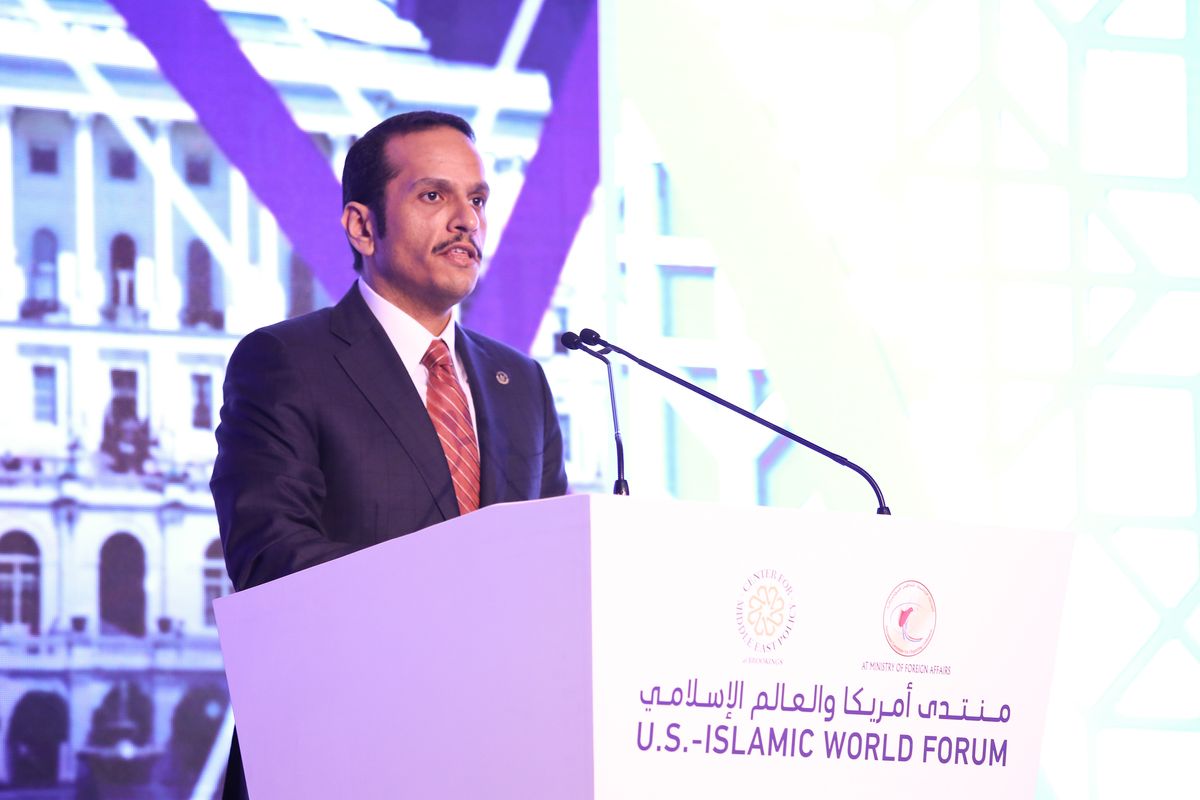Qatar Eyes Trade Agreement Amid China's Middle East Energy Expansion

The Lede: Qatar is actively seeking involvement in the negotiations on the China-Persian Gulf free-trade agreement, driven by its substantial $28.8 billion natural gas deal with China and the growing Chinese support for harnessing solar energy, Qatar’s Consul General in Hong Kong told The South China Morning Post on Thursday.
What we know:
· Consul General Ali Saad Al-Hajri told the Post he is hopeful about the benefits of the agreement and values China as one of the biggest partners in terms of raising solar energy contributions.
· Qatar is currently involved in trade negotiations with China as part of the Gulf Cooperation Council (GCC) bloc, which comprises six Middle Eastern countries, in talks with China since 2004.
· Amid China’s growing influence in the Gulf, Qatar signed a 27-year gas supply deal with China National Petroleum Corporation (CNPC) in June, marking its second major gas agreement with a Chinese state-controlled firm in a year. Under this deal, China will annually purchase four million metric tons of liquefied natural gas (LNG) from Qatar, while CNPC will acquire a five percent equity stake in the eastern expansion of Qatar's North Field LNG project.
· Earlier in April QatarEnergy entered into a historic partnership with China's Sinopec for the North Field East expansion project, the largest in LNG industry history.
The background: China, the world’s biggest importer of crude oil, and Qatar, the largest LNG exporter, have cultivated ties over the years. The Gulf Cooperation Council (GCC) member states, including Qatar, hold significant relevance for China's energy security. China's rapid economic expansion has led to increased imports of crude oil from GCC nations with Saudi Arabia being the main supplier. As the United States reduced its demand for imported crude oil due to heightened domestic production, Gulf countries have shifted their exports towards the Indo-Pacific region. And that includes China. In 2022, over 41% of China's total crude oil imports originated from the GCC, marking an increase from the 35% share seen a decade ago.
The dynamics have been affected by Russia’s invasion of Ukraine. Due to Western sanctions, Russia has shifted its focus to trusted partners such as China. The 2.6 million barrels per day (b/d) of crude oil that China received from Russia in June marks the highest monthly import volume from a single country in China's history.
For China, increased oil trade with the Gulf is also part of a bigger agenda. In December, President Xi Jinping said that China intends to facilitate the purchase of oil and gas in the region using the yuan. Later in March China's first LNG trade was settled in yuan on the Shanghai Petroleum and Natural Gas Exchange, involving CNOOC and TotalEnergies. The trade comprised approximately 65,000 tons of LNG imported from the United Arab Emirates.
Likely outcomes/Takeaway:
· Qatar's active participation in the China-Persian Gulf free-trade agreement negotiations signifies a deeper economic partnership with China. It’s likely to speed up future trade deals between the two countries. This development has the potential to reshape regional energy trade dynamics and contribute to the broader goals of both nations in terms of energy security and economic cooperation.
· Qatar likely will continue to seek a balance between its relationships with the U.S. and its emerging partnership with China. Balancing these is important for Qatar's geopolitical positioning and economic stability. The United States remains one of Qatar's main strategic partners, with a significant military presence in the region and shared interests in regional stability.
Quotables:
· “Qatar believes in the interdependence of the international community. This conviction makes it possible for us to have a strong commercial partnership with China while maintaining our strategic alliance with the United States,” Qatar’s Prime Minister Mohammed bin Abdulrahman Al-Thani said. “In the same year, we were designated as a non-NATO ally to the U.S., we also signed three new energy deals with China. Our ability to navigate our relations with China and the U.S. is grounded in our adaptability in diplomatic engagement and pursuit of mutually beneficial interests.”
· "Today we are signing two agreements that will further enhance our strong relations with one of the most important gas markets in the world and key market for Qatari energy products," Saad al-Kaabi, Minister of Energy of Qatar and President and CEO of QatarEnergy said.
Good Reads:
China is getting comfortable with the Gulf Cooperation Council. The West must pragmatically adapt to its growing regional influence. (The Atlantic Council)
As China seeks to supercharge energy deals in Middle East, Qatar eyes benefits of a free-trade agreement (The South China Morning Post)
Qatar secures second major LNG supply deal with China (Al Jazeera)
